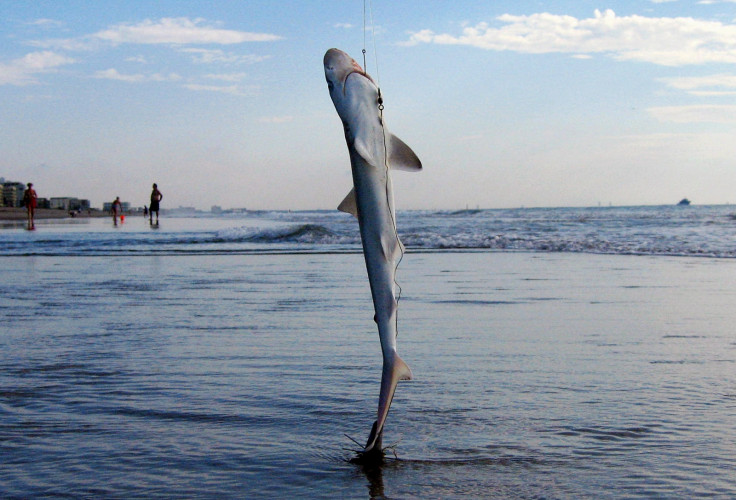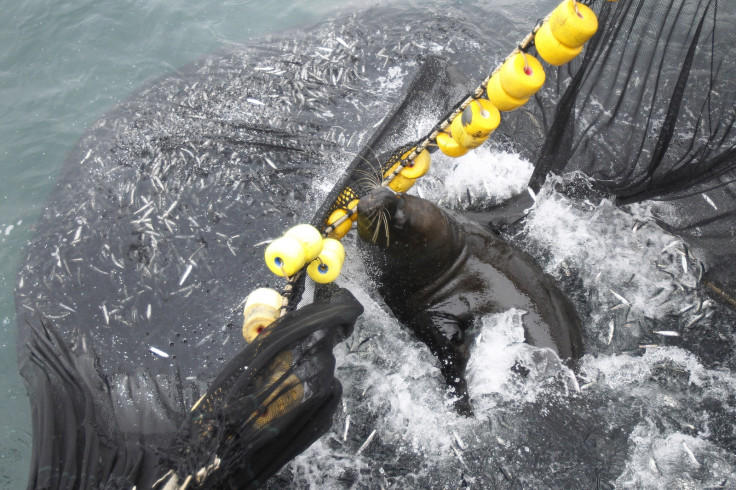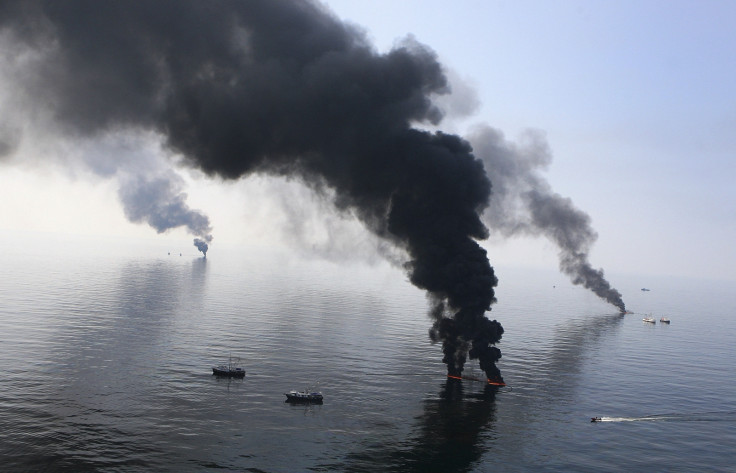Oceans facing wildlife Armageddon: 'We are falling off a mass extinction cliff - but we're not there yet'

The world's oceans are facing a "wildlife Armageddon" if the Industrial Revolution of the sea continues on its current trajectory.
That is according to a report by scientists at the University of California, Santa Barbara, which found – to much surprise – the oceans are far healthier than thought.
But this will not last. The authors warn ever increasing industrial use of the oceans coupled with climate change will mean marine wildlife is driven to extinction in the same way as land animals.
Published in the journal Science, the authors compared the Industrial Revolution on land with current patterns of how humans use the world's oceans. They found that in the last 500 years, 500 land animals have gone extinct, whereas just 15 ocean species faced the same fate (that we know of).
Lead author Douglas McCauley said: "All signs indicate that we may be initiating a marine industrial revolution. We are setting ourselves up in the oceans to replay the process of wildlife Armageddon that we engineered on land."

Speaking to IBTimes UK, he added: "We might be falling off an extinction cliff but we're not there yet. We're changing in the way we're using the oceans. We're going through this transition - instead of affecting life in the oceans by directly hunting and harvesting we are altering, degrading and damaging their habitats.
"When we underwent that transition on land, we basically pushed extinction rates way up and they skyrocketed in an alarming way."
He said the main message from their findings is there are precursors suggesting human activity has the potential to cause an "incredible" amount of damage to the ocean.
"Essentially, on land that is well underway," McCauley said about the impending sixth mass extinction of land animals. "How do we not do that in the ocean? If we don't learn from the way we affected terrestrial wildlife, we're going to remake same history and bring this marine wildlife Armageddon upon us in the ocean."

As well as the industrialisation of the ocean, the authors say climate change is one of the most "serious threats", in that we are essentially dumping acid into the water then heating it up. McCauley said: "We can all grasp that's not good for fish. If we ignore climate change, we're a bit lost."
He also noted that our knowledge of the ocean and how we are affecting it is lacking – we have explored less than 5% of the ocean, so the official number of species human activity has wiped out could be much higher.
He said: "In terms of the way we use oceans and what we know scientifically, we're way behind the curve... and it's all the more reason to be double cautious in how we treat the oceans."
However, he said we should see their findings as an opportunity to save them.
McCauley said: "Because there have been so many fewer extinctions in the oceans, we still have the raw ingredients needed for recovery. There is hope for marine species that simply does not exist for the hundreds of terrestrial wildlife species that have already crossed the extinction threshold.
"The opportunity is there now, but it could be slipping away very soon."
© Copyright IBTimes 2025. All rights reserved.





















